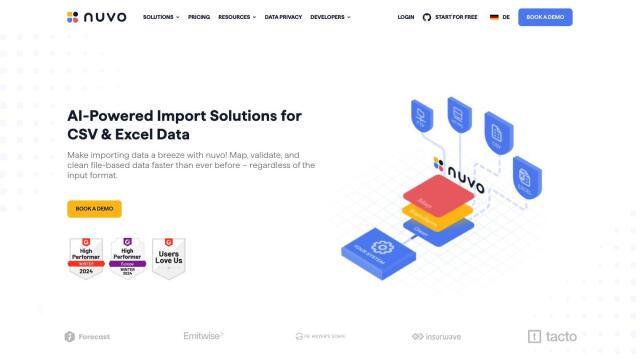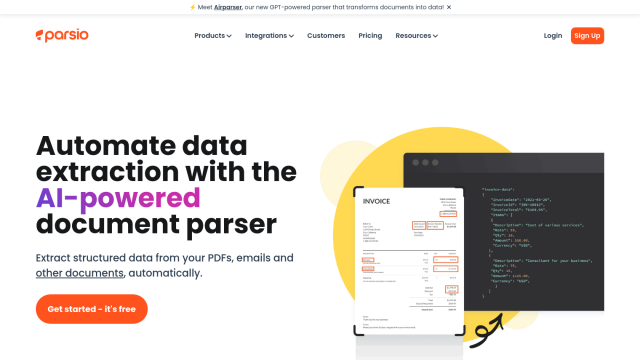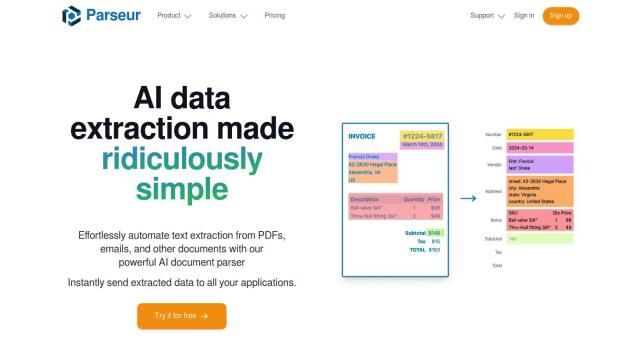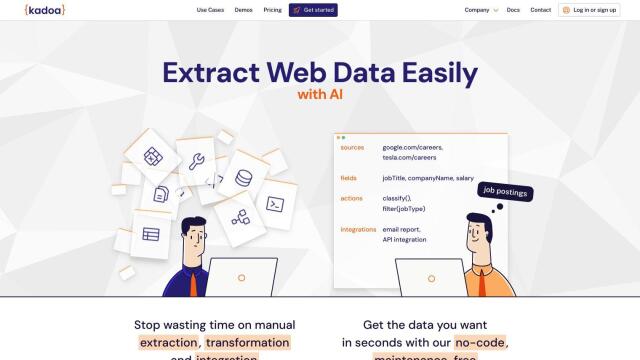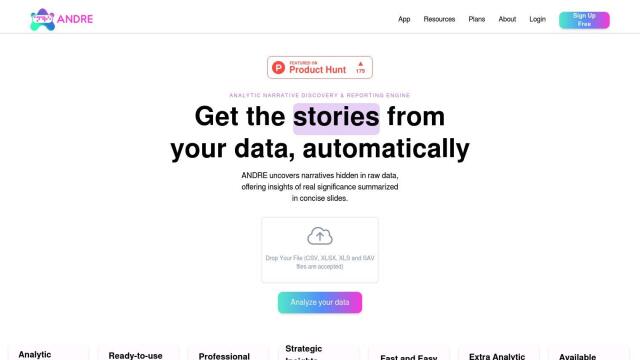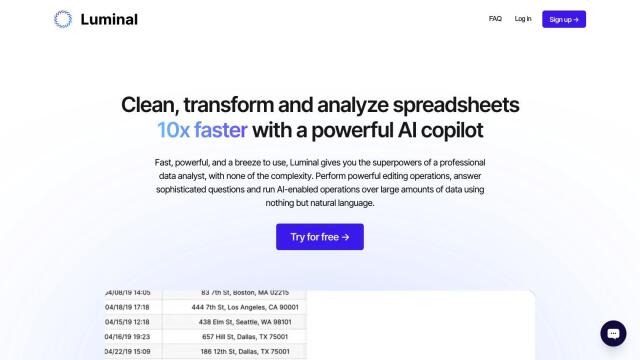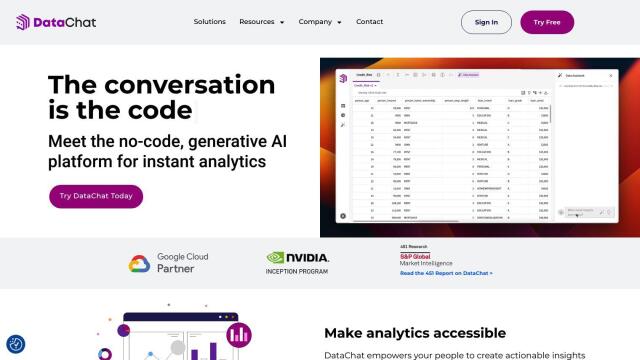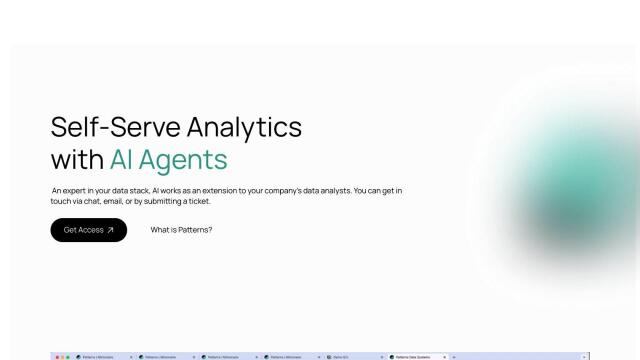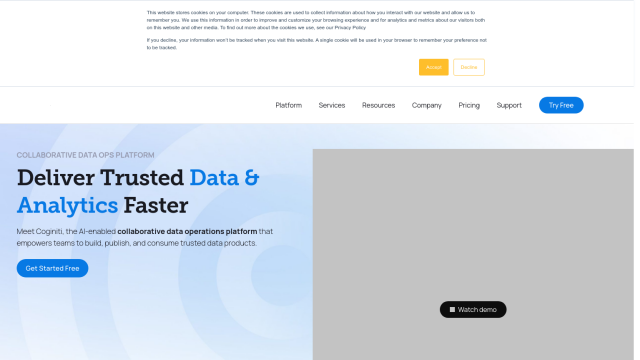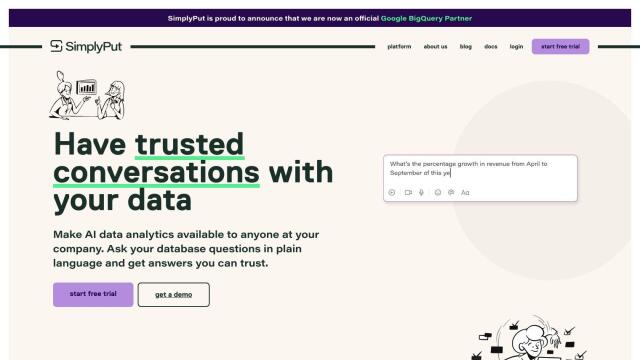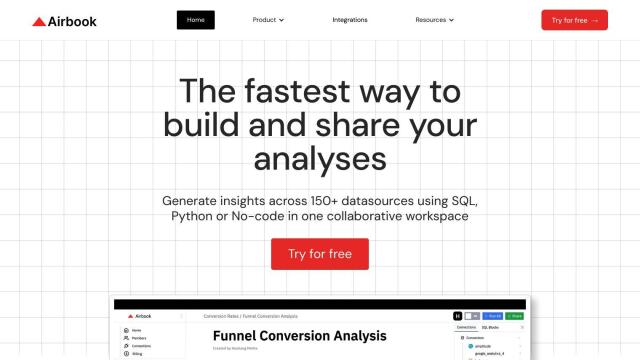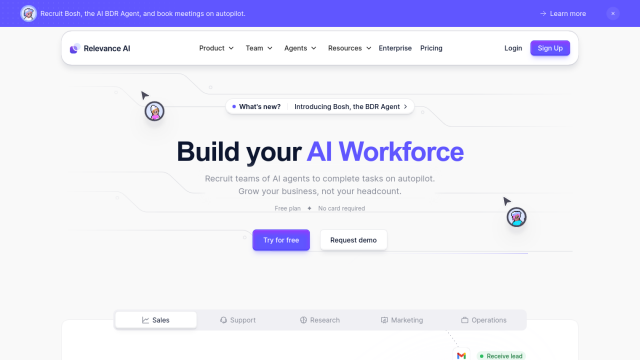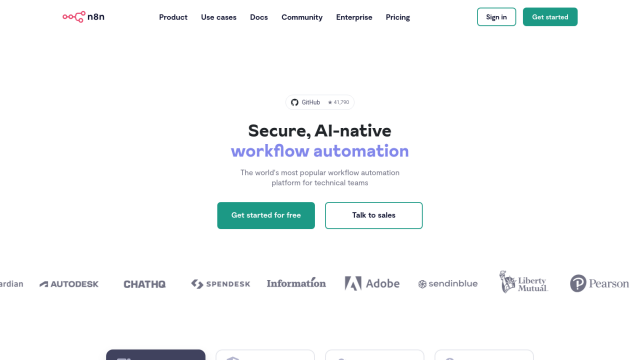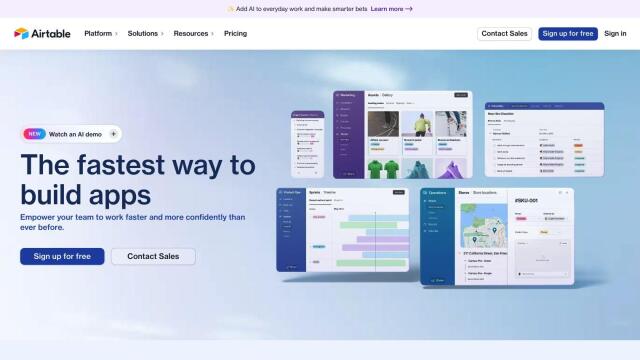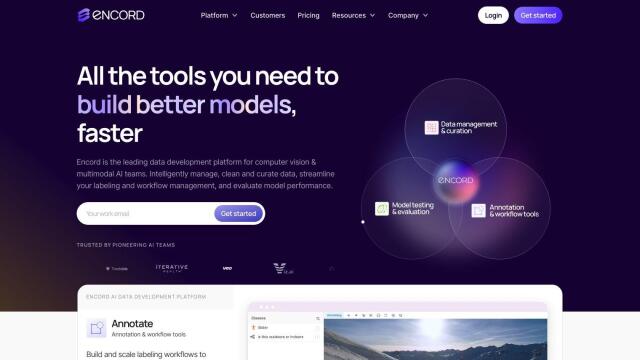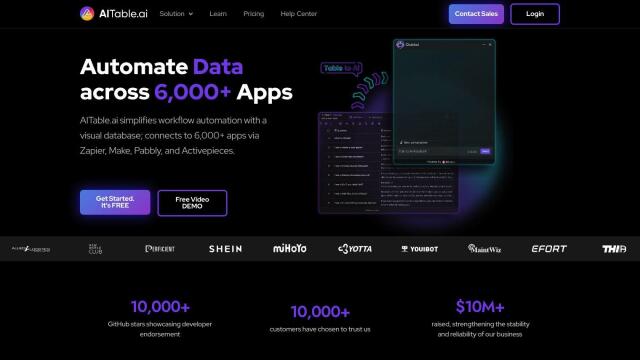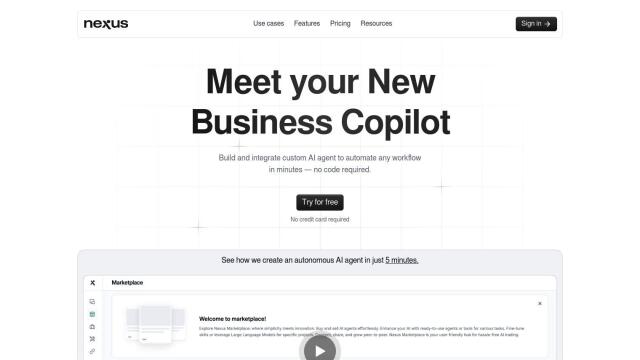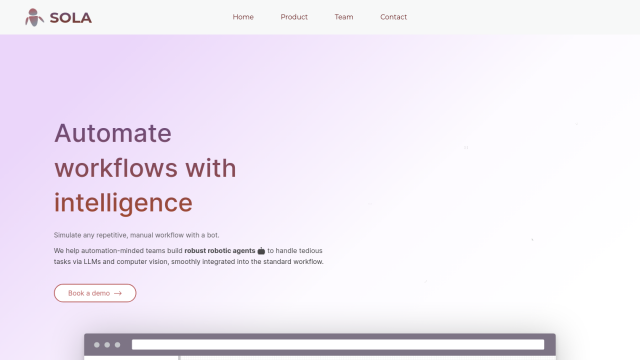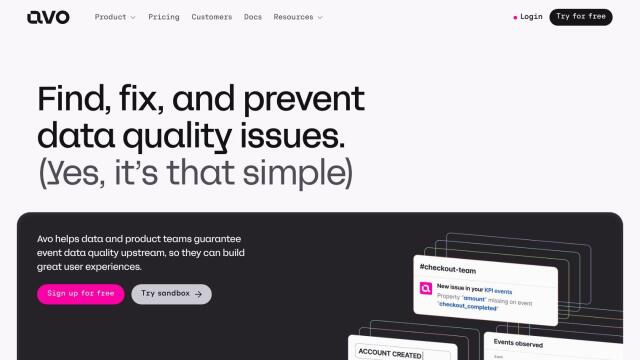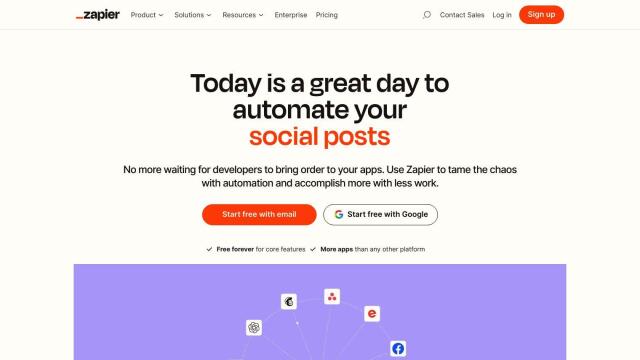
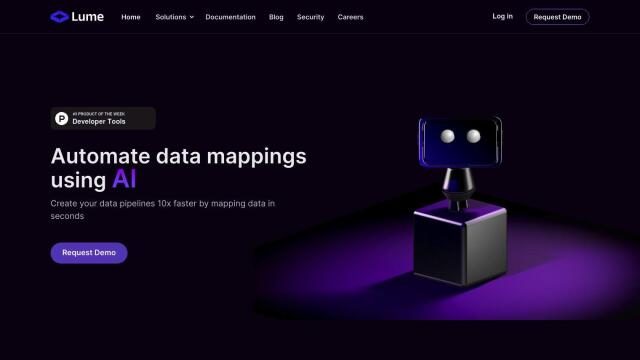
Lume
If you're looking for another nuvo alternative, Lume is worth a look. It uses AI to automatically map data, directly integrating with systems so you don't have to fiddle with data. The tool's AI engine generates correct mapping logic in seconds, and you can review and edit mapping logic with custom logic or natural language. It's designed to ensure consistency and accuracy across multiple systems and sources, and is particularly well-suited for industries like financial services and e-commerce.

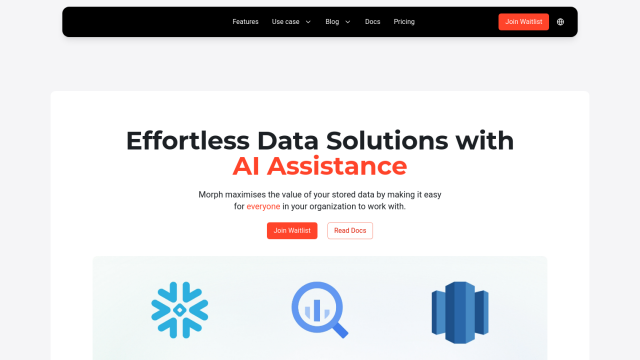
Morph
Another option is Morph, an AI data assistant that makes data accessible and usable for all stakeholders. Morph ingests data from multiple sources, processes it, and exports the results to the desired destination without any coding. It supports querying, visualization, and reporting and can connect to many SQL databases. The company offers a free plan and a Pro plan, so it's a good option for people who need to get data analysis up and running quickly and automate some of the more complex tasks.
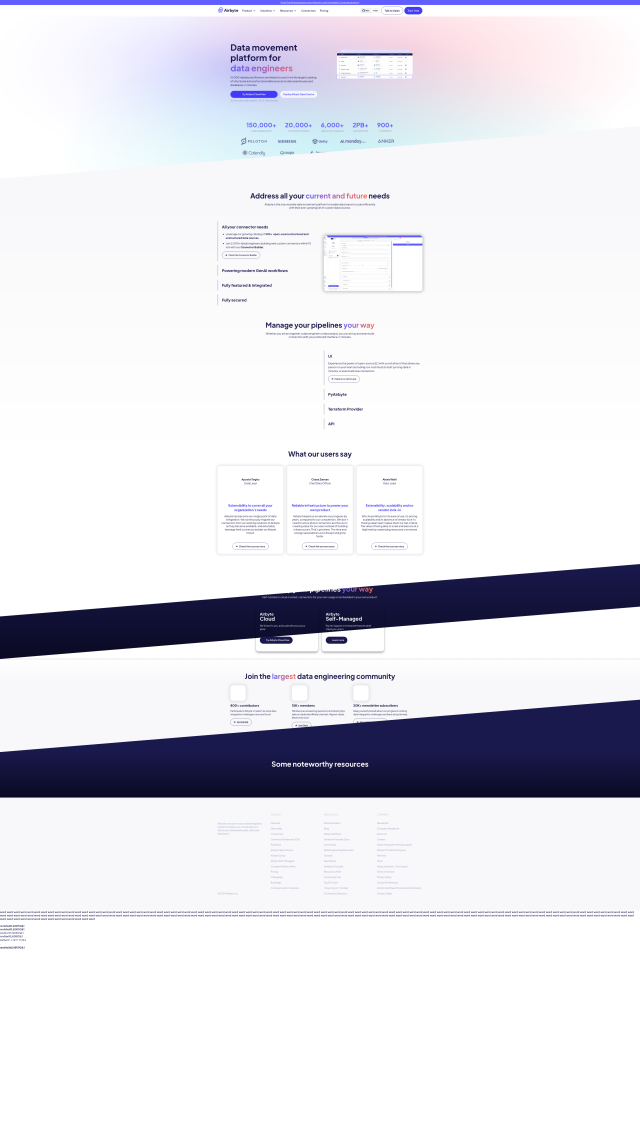
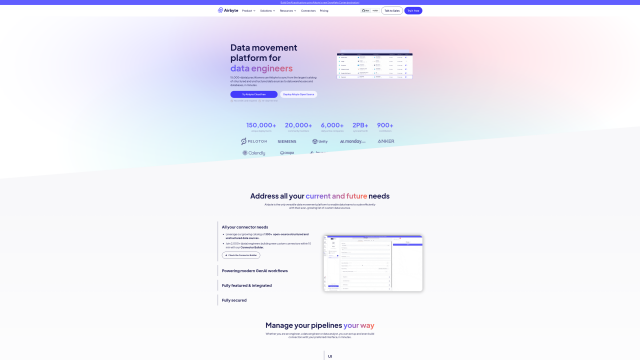
Airbyte
If you're looking for a more full-featured data integration platform, Airbyte is worth a look. It lets you move data efficiently from more than 300 structured and unstructured data sources to many destinations. Airbyte has features like a Connector Builder for custom connectors, automated schema evolution and strong security. It's a good option for companies with both big and small data integration needs, with flexible deployment options and a relatively easy to use interface.

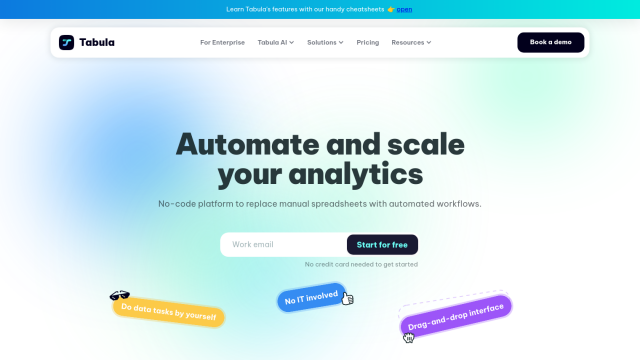
Tabula
Last but not least, Tabula is an option. It's a no-code platform that automates spreadsheets and workflows, giving you real-time insights and integration with common data tools. It's got automated workflows, standardized data, custom metrics, reports and advanced filters. Tabula is designed for both technical and non-technical users, with flexibility in deployment options and a variety of pricing plans to match your needs.

